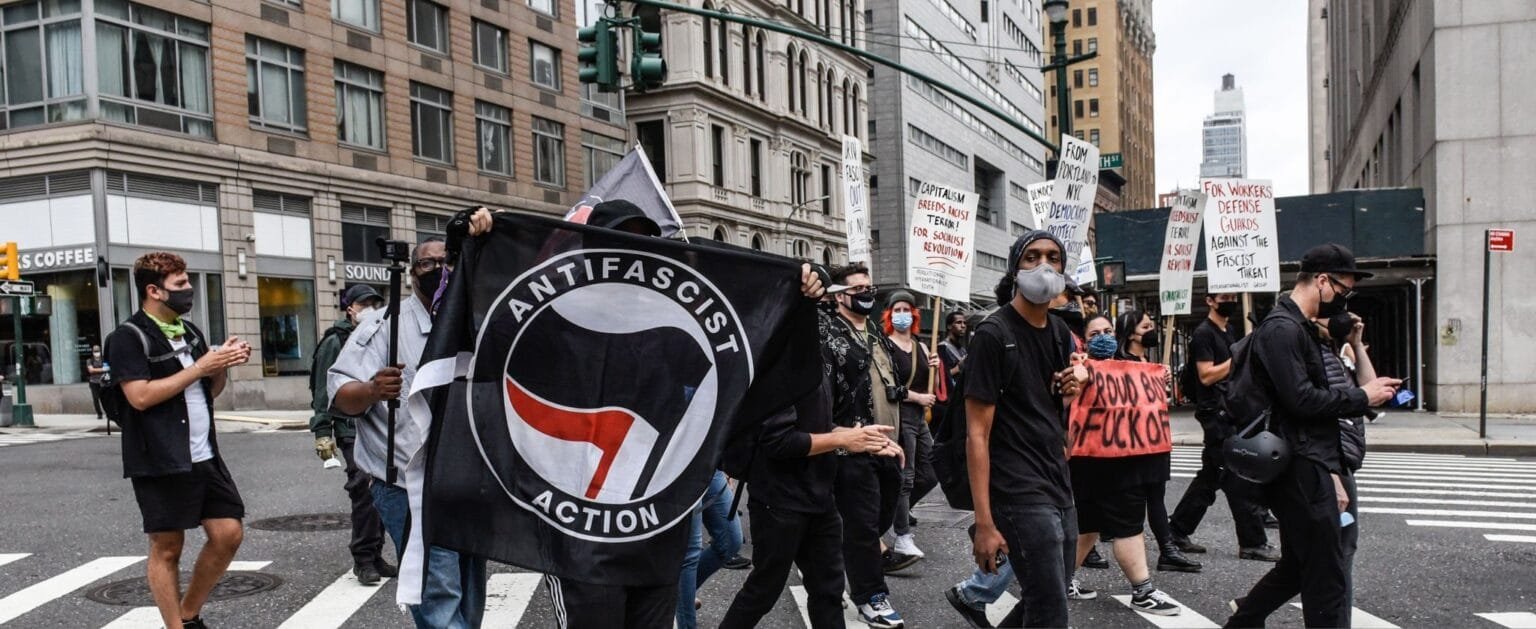President Donald Trump has announced his intention to classify the anti-fascist movement known as Antifa as a “major terrorist organization,” a sharp escalation of rhetoric toward a loosely defined left-wing movement. The announcement was made via his social media platform Truth Social while he was on a state visit to the United Kingdom.
Trump described Antifa as “a sick, dangerous, radical left disaster” and called for thorough investigations into those who allegedly fund the movement. He linked the move to heightened concerns over political violence following the assassination of conservative activist Charlie Kirk in Utah, though as of now, no proven connection has been established between the suspect, his motives, and Antifa as an organized group.
Observers and legal analysts have raised significant questions about both the feasibility and legality of such a designation. Antifa is not recognised as a formal organization with defined leadership, membership rolls, or structure—rather, it is understood as an ideological or movement-style designation applied to various groups and individuals who oppose fascism, often through direct action. Domestic law in the U.S. does not currently include a mechanism for designating purely domestic groups as “terrorist organizations” in the same manner as foreign entities listed by the State Department. Analysts also warn that designating Antifa could run into First Amendment or civil liberties concerns—since protest, dissent and political assembly are protected under U.S. law.
Senior public officials backing Trump’s announcement argue that this move is necessary to respond to what they see as escalating left-wing radicalisation and political violence, especially in light of recent high-profile events. Meanwhile, critics accuse the administration of using this development to suppress dissent and opposition under the guise of counterterrorism.
As of now, Trump has not provided full details on how the designation would be legally or operationally implemented—whether via executive order, legislation, or regulatory change. Some efforts may focus on investigating funding sources, expanding criminal prosecutions, or using other statutes (such as racketeering laws) to target violent behavior allegedly associated with Antifa. But how these tools will be applied remains unclear.





